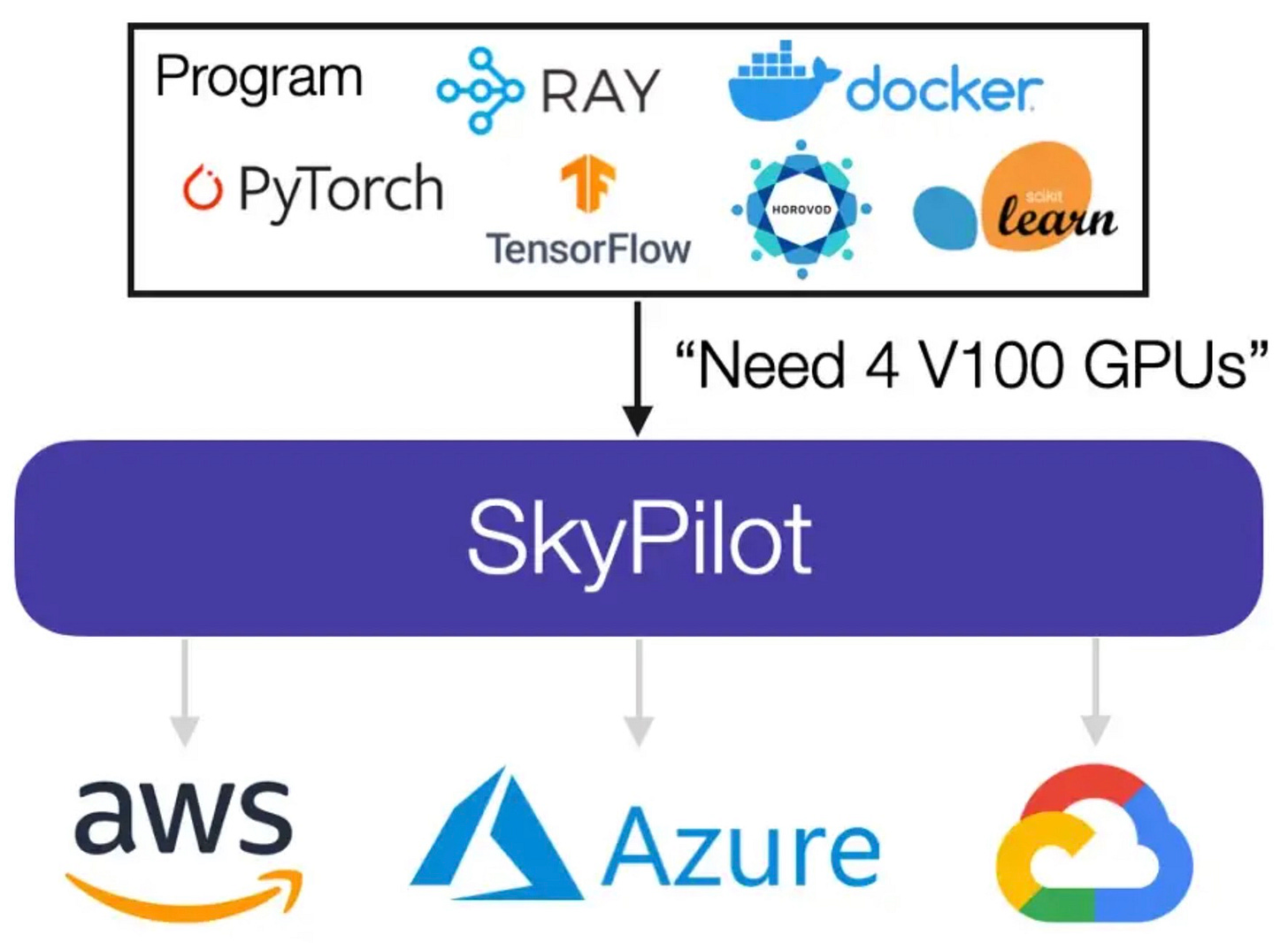Our Top Book Pick for 2022
Data Science in Context
Our book of the year is a collaboration between a team of highly regarded experts in the fields of AI and data science. This book provides a comprehensive overview of what students and practitioners need to know to use data science more effectively and ethically. Filled with practical, real-world advice, it offers valuable insights and guidance on data science, drawing on the authors' extensive experience in the field. This book complements other books that focus on specific techniques and algorithms, and I believe it will be essential reading for all data scientists and data teams in the coming years.
As data science and AI continue to grow in importance, this book should be required reading for product teams, managers, and executives. I have been recommending it to friends who teach at business schools. Given the relevance of these topics to today's business world, this book is a valuable resource for anyone looking to use data science and AI in real-world applications. I encourage you to check it out and share it with your colleagues!
Use the 30% Discount Code: LORICA30
Holiday Reading
Here are a few other 2022 non-fiction books for your holiday reading, whether you're flying or simply relaxing:
Chip Wars. At its heart, this book explores the complex geopolitical rivalries that have shaped the semiconductor industry. However, it also offers a valuable guide to the chip business in the U.S., Europe, and a handful of Asian countries. For anyone interested in the inner workings of the semiconductor industry, this book is a must-read.
The Ransomware Hunting Team. Ransomware attacks resulted in global losses of $20B in 2021, with estimates suggesting that this figure will rise to $265B by 2031. Reading this book enabled me to gain a thorough understanding of this crucial aspect of cybersecurity.
Power Failure: the Rise and Fall of GE. This terrific and definitive history of GE is one my favorite business books of 2023.
For Profit: A History of Corporations. The author provides a historical perspective on the role and behavior of corporations in society. This captivating short book spans ancient Rome to Silicon Valley, and presents a compelling argument for corporations to safeguard the public good.
Dickens and Prince: A Particular Kind of Genius. Nick Hornby’s short study of two artists coming from different centuries and operating in different media. They both found fame early on and died in their 50s: “nobody ever worked harder than these two, or at a higher standard, while connecting with so many people for so long”.
While blockchain technologies may be the first thing that comes to mind when thinking about decentralization, the rise of Mastodon has demonstrated that ActivityPub is just as compelling and powerful in enabling decentralized systems. ActivityPub is a W3C standard and decentralized social networking protocol. Sudden changes at Twitter prompted many communities to examine alternatives and a large number are opting for federated services like Mastodon. It’s hard to blame users for wanting more control over their community building tools in the future.
There are a growing number of developers who are exploring and experimenting with ActivityPub. I expect experiments that lead to new tools, platforms, and startups. Setting aside challenges that are specific to ActivityPub, centralized services will always enjoy some advantages including (1) access to more data for ML models, and (2) faster pace of innovation (platforms move much faster than protocols and standards bodies). Over the long haul, this suggests that ActivityPub is bound to evolve into a set of large, perhaps commercially viable servers.
Despite the challenges of consensus decision-making, there is no doubt that developer interest in federation and ActivityPub is real. We’ve been down this road before - I remember discussing these topics with Evan Prodromou (co-author of ActivityPub) over a decade ago. Developers are revisiting federated services at the same time as new centralized services like Post and T2 are emerging. 2023 will definitely be an interesting year for social media.
Project To Watch: SkyPilot
Officially launched about a month ago, SkyPilot is a unified interface that allows machine learning workloads to be run on any cloud. Users rave about how SkyPilot makes it easy to launch and manage cloud computing resources, including GPUs. The cost of cloud computing is becoming increasingly important for companies, and in 2023 many teams will look to this multi-region, multi-cloud, and cost-effective unified interface for machine learning and data science.
Happy New Year and see you in 2023!
If you enjoyed this newsletter please support our work by encouraging your friends and colleagues to subscribe:
Ben Lorica edits the Gradient Flow newsletter. He helps organize the Ray Summit, the NLP Summit, and the Data+AI Summit. He is the host of the Data Exchange podcast. You can follow him on Linkedin, or Twitter, or Mastodon, or on Post. This newsletter is produced by Gradient Flow.





